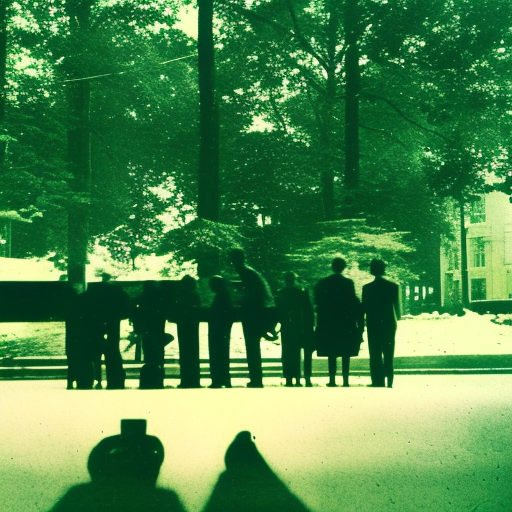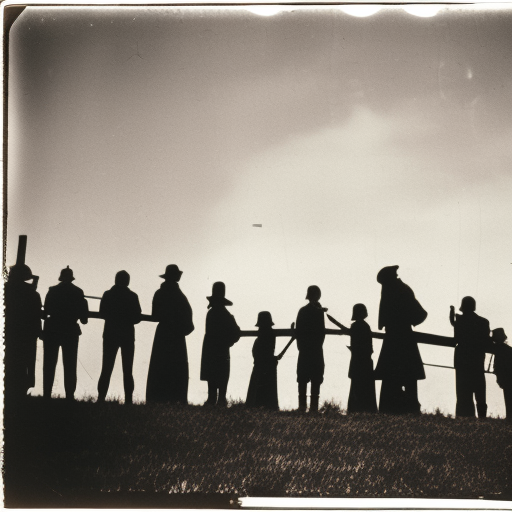The New England Puritans: A Summary
The New England Puritans were a group of English Protestants who sought to purify the Church of England from within during the 16th and 17th centuries. They believed that the Church of England had not gone far enough in its reforms and sought to create a society based on their strict interpretation of the Bible. This summary will explore the origins of the Puritans, their migration to New England, and their impact on American society.
Origins of the Puritans
The Puritans emerged as a distinct religious group in the late 16th century. They were influenced by the ideas of John Calvin and sought to create a society that adhered to Calvinist principles. The Puritans believed in predestination, the idea that God had already determined who would be saved and who would be damned. They also emphasized the importance of personal piety and a strict moral code.
Migration to New England
In the early 17th century, a group of Puritans known as the Pilgrims migrated to North America in search of religious freedom. They established the Plymouth Colony in present-day Massachusetts in 1620. Over the next few decades, thousands of Puritans followed in their footsteps, establishing other colonies in New England, including the Massachusetts Bay Colony.
The Puritans faced many challenges in the New World. They had to contend with harsh winters, limited resources, and conflicts with Native American tribes. However, they were determined to create a society that reflected their religious beliefs. They established strict laws and regulations to govern all aspects of life, from religious practices to social behavior.
Impact on American Society
The Puritans had a profound impact on American society. They established a strong work ethic and emphasized the importance of education. The Puritans believed that an educated citizenry was essential for the success of their society. They established schools and colleges, such as Harvard, to ensure that their children received a proper education.
The Puritans also had a significant influence on American politics. They believed in the separation of church and state and established a system of government that allowed for the participation of all male church members. This system, known as the “Congregational Way,” laid the foundation for democratic governance in New England.
However, the Puritans’ strict religious beliefs and their intolerance of dissenting views led to conflicts within their communities. Those who deviated from the Puritan orthodoxy, such as Quakers and Baptists, were often persecuted and banished. This intolerance eventually led to the Salem Witch Trials in 1692, during which several people were accused of witchcraft and executed.
Despite their flaws, the Puritans played a crucial role in shaping American society. Their emphasis on individual responsibility, hard work, and education laid the foundation for the values that would come to define the United States. The Puritans’ legacy can be seen in the enduring influence of Protestant Christianity in American culture and the ongoing debates over the role of religion in public life.
In conclusion, the New England Puritans were a group of English Protestants who sought to create a society based on their strict interpretation of the Bible. They migrated to North America in the early 17th century and established colonies in New England. The Puritans had a profound impact on American society, shaping its values, politics, and educational system. While their intolerance and persecution of dissenting views are undeniable, their legacy continues to influence American culture to this day.












